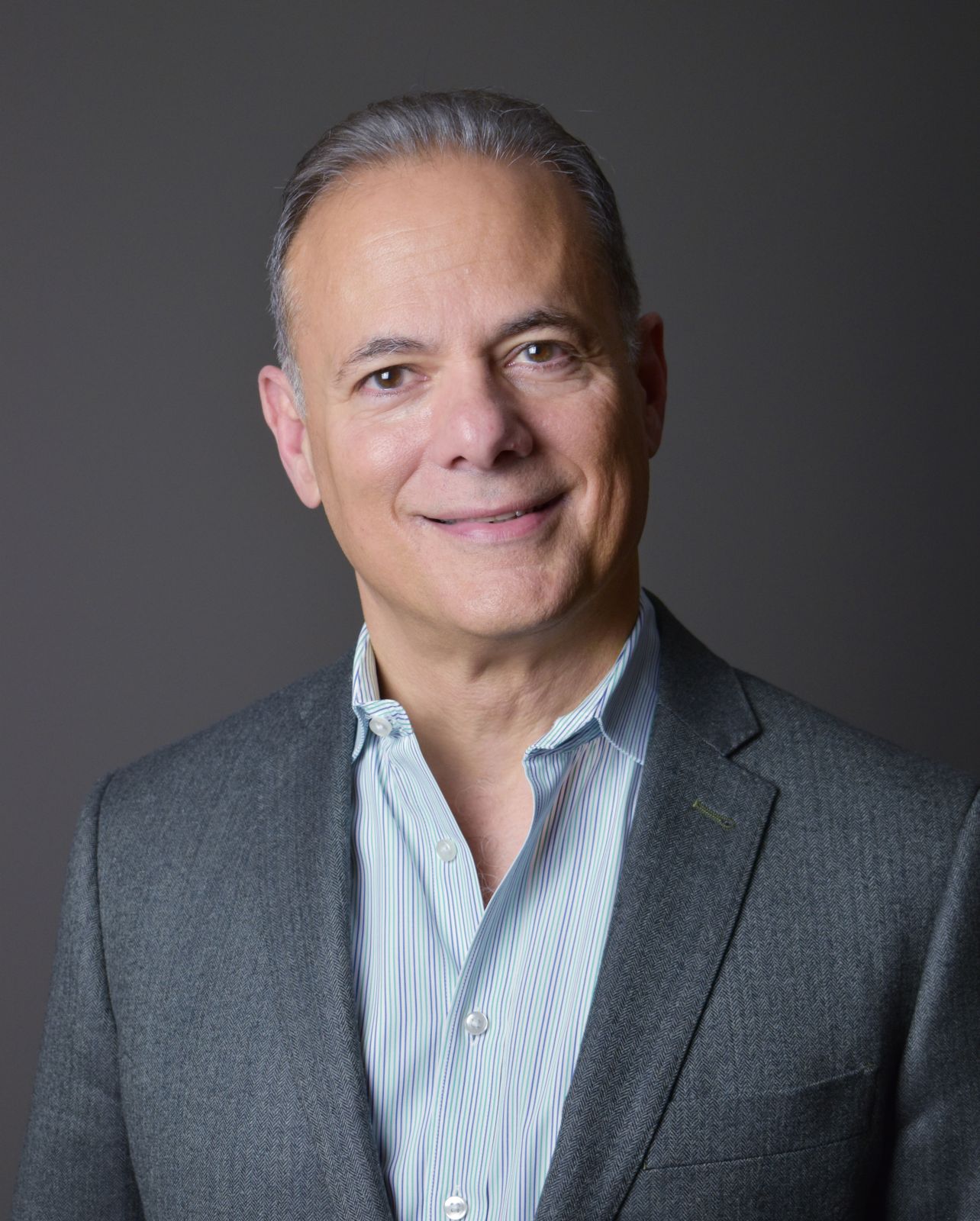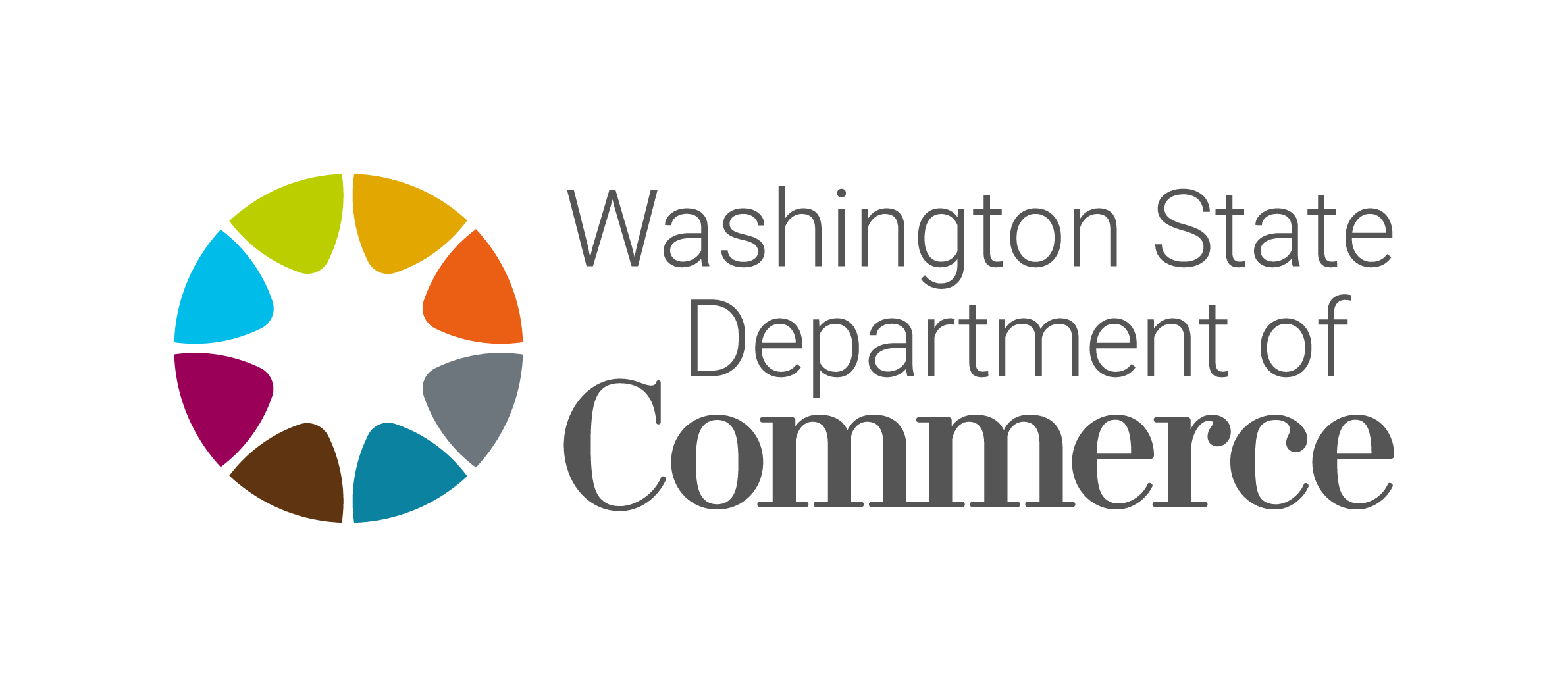CEO Corner: June commemorations remind us of fights against inequality

2 Jun 2023
CEO Corner
Aside from graduations and weddings, two commemorations come to mind when I think about June: Juneteenth and Pride Month. I can remember when neither one was widely or proudly celebrated. Pinpointing the end of slavery in the United States is not simple – most northern states had abolished the practice long before the Civil War. Did slavery end in the rebelling states on Jan. 1, 1863 with the Emancipation Proclamation? At the end of the Civil War in April 1865? With the passage of the 13th Amendment to the Constitution Dec. 6, 1865? Or on June 19, 1865, when the message of emancipation reached Galveston, Texas? Juneteenth only became a national holiday in 2021, signed by President Biden, to celebrate the freedom of previously enslaved African-American people.
The story doesn’t end there, of course. During the following century and a half, inequality persisted and still does today. This inequality comes at great personal and financial toll to our African-American neighbors, including reduced home valuations, job opportunities, and more. In 2021 the World Economic Forum cited research published by San Francisco Federal Reserve President Dr. Mary Daly and others that racial and ethnic inequities have cost the U.S. economy $51 trillion in lost output since 1990. Large and persistent gaps in employment, education, and earnings across races “add up to a smaller economic pie for the nation as a whole,” Dr. Daly stated. This inequality exacts a great personal and financial toll on BIPOC families in the U.S. in terms of wealth accumulation, education, and even personal health.
The Stonewall Uprising took place in New York City on June 28, 1969, in response to raids and arrests of LGBT people simply for being. This event is widely recognized as starting the movement for LGBT equality. Although it seldom makes sense to compare the harms suffered by different marginalized communities, it is appropriate to note that discrimination harms the entire population, not only those bearing the brunt of it. This is measured in exclusion from opportunities resulting in limited earnings, contributions to society, and resulting costs incurred.
EDASC works to promote success among all, with added focus on those who may not enjoy the traditional opportunities of generational education and financial stability. This is not only the right thing to do, but also the smart thing to do for our society, our economic future, and for our younger generations.
More Topics











